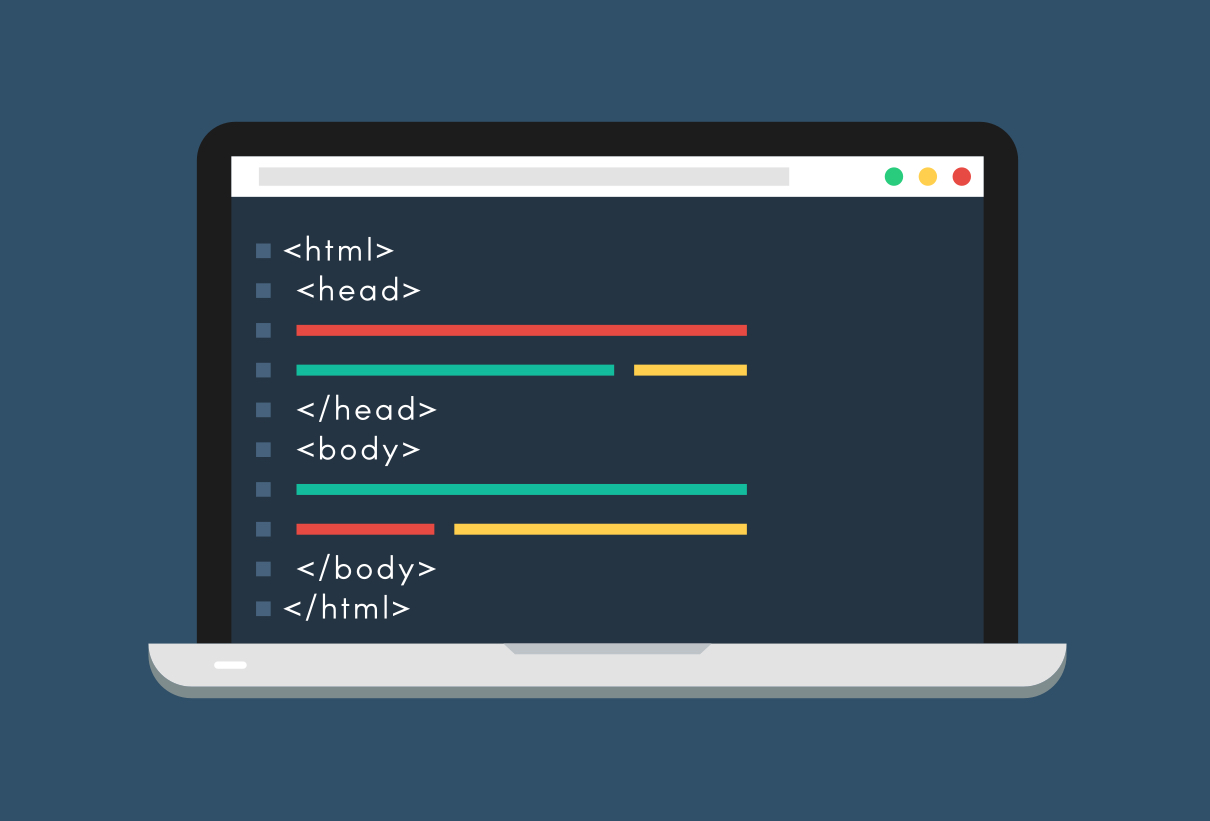When deciding to create a website, we are faced with a choice that may not be as serious as Hamlet’s dilemmas, but is important from the point of view of the website’s later operation. We are talking here about the decision whether the website should be static or dynamic. Some time ago, static shop windows were foretold to become a thing of the past, but as is often the case, fashion has followed its own path and in this case decided to dust off this technology. It is, of course, not a solution for everyone. When is it worth choosing?
Let’s start with the basics, i.e. explain what a static website actually is. A static site is a very simple type of website that always loads as it was saved on the server. It is not equipped with a CMS system, thanks to which you could easily make changes within the site without any programming skills. It is completely saved in the file – including all texts – it can be said that the content is “rigidly” placed there.
The lack of a CMS, i.e. a friendly editor that allows you to add text, photos, videos, and even entire subpages, means that each change within the site requires interference with the code file, which makes modifications much more difficult for a user unfamiliar with programming languages. Accidentally deleting a command can completely change the look of the page, and it is impossible to edit the text without applying the appropriate lines of code for each bold or centering.
What advantages and disadvantages does a static website have?
A static website has many advantages that make it still the choice of entrepreneurs. The price is the first and probably important advantage of this solution for many people. Creating such a website is relatively easy for the developer and does not take much time, which translates into a lower cost of such an order.
One of the most valuable advantages of static websites, however, is their loading speed. These types of websites load quickly, which translates into user satisfaction and a good rating of web robots, for which loading time is one of the factors influencing the overall rating of the website. However, choosing a dynamic website does not always have to mean long loading times – this is where cache systems come to our aid.
The big advantage of static pages over dynamic pages is the security they provide. They do not have a CMS or plug-ins that can potentially be a source of threats, so they enjoy a lot of trust among entrepreneurs who focus on protecting their customers.
If we focus on a simple, small website, a static website is a better solution than one created with the help of WIX wizards. The latter are easier to edit, but they offer very limited optimization possibilities, so from the SEO point of view, they are a worse solution than static pages.
The disadvantage of this solution is that, as we have already mentioned, static pages do not have a CMS, so each change requires interference in the code. In addition, it cannot be denied that a static page has fewer functions than a dynamic one.
Static page and dynamic page – differences
As already mentioned, a static page is a file that contains all of the website’s code and all its content. A dynamic page, in turn, requires a connection to a database in which texts, images, videos and other elements that constitute the content visible to the user are placed. Therefore, when the viewer enters the static side, he gets something like a ready-made image, a fixed composition drawn from one place. In the case of the dynamic version, we serve him a page that must be re-created in a way – that is, “composed” of individual elements. Of course, the process is so fast that with the proper implementation of the project, the user has no idea what type of website he is dealing with. The fact is, however, that a static page will load a little faster than a dynamic site.
So should we always choose a static page in pursuit of the best loading speed? Not necessarily. If the website is extensive, has a blog or news section, a dynamic CMS page is often the better choice. Of course, you can run a blog or news on a static website, but due to the lack of a CMS, it can be difficult for beginners.
Who is the static website for?
A static website works best as an electronic business card with basic information about the business, contact details, etc. These types of websites rarely need to be updated and do not need advanced features, so in this case we can afford a static page even if we can’t make changes to the code. You can decide on such a page, for example, when:
– we run a stationary store and we only want to mark our presence on the Internet,
– we have a service business such as a beauty or hairdressing salon, dentist’s office, etc. and we provide services only at our headquarters,
– as part of our business, we provide services only to the client, e.g. plumber, construction company,
– we create a website with the CV function.
However, the type of business you run should not be crucial when choosing. The most important criterion is whether we intend to edit the page frequently, and in the examples mentioned, as a rule, regular updates are not necessary. This does not mean, of course, that we cannot opt for a static page in other cases. As long as we know that a simple page with the most important information is enough for us, we do not have to invest in a more expensive dynamic site – a static site is enough for us.
